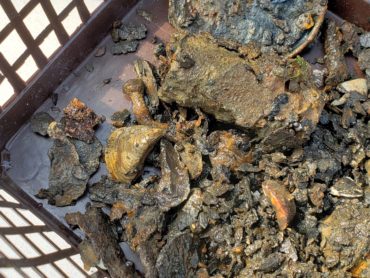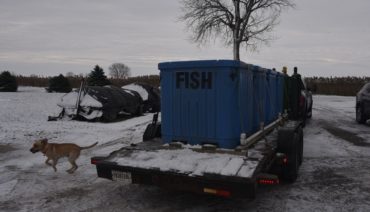-
 FreightersGary WilsonIndustry, Energy, Economic DevelopmentInvasive SpeciesLatest NewsNewsShipping and PortsThe StatesU.S. and Canadian Federal GovernmentsWater Quality and Restoration Efforts
FreightersGary WilsonIndustry, Energy, Economic DevelopmentInvasive SpeciesLatest NewsNewsShipping and PortsThe StatesU.S. and Canadian Federal GovernmentsWater Quality and Restoration EffortsFunding Boost: EPA gives Great Lakes extra $20 million but state funding at risk
-The money is targeted at toxic hotspot cleanups and ballast water treatment research.
03 -
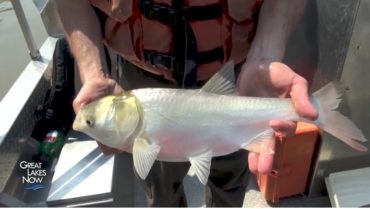 Fish, Birds and AnimalsForests and PlantsIllinoisIndianaInvasive SpeciesKathy JohnsonLatest NewsMichiganMinnesotaNew YorkNewsOhioOntarioPennsylvaniaQuebecThe ProvincesThe StatesWisconsin
Fish, Birds and AnimalsForests and PlantsIllinoisIndianaInvasive SpeciesKathy JohnsonLatest NewsMichiganMinnesotaNew YorkNewsOhioOntarioPennsylvaniaQuebecThe ProvincesThe StatesWisconsinControlling Invasives: States urge residents to help stop spread of invasive species
-There are campaigns and websites from each of the Great Lakes states and provinces.
-

Invasive grass carp found in Lake Huron tributary river
-The fish was found March 17 during a routine survey of the Tittabawassee River below the Dow Dam in Midland County.
-
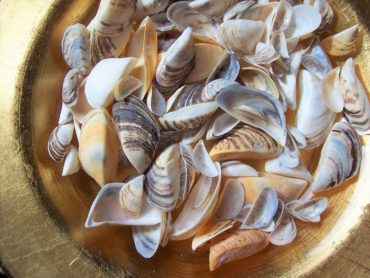
Buy, Sell, Wear: What can you do with zebra mussels?
-The invasive mussel species are the scourge of the Great Lakes, but they also make a cute accessory.
-
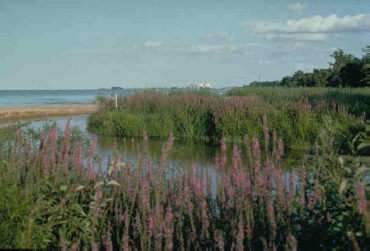
Michigan awards $3.6 million for invasive species project
-Some $3.6 million will help fight invasive species on water and land in Michigan. The project will not only count populations of crawfish and European Frog-bit, but also survey effectiveness of boater compliance to new laws.
-
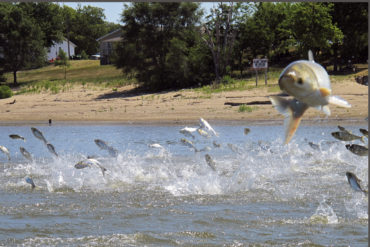
Study links Asian carp with Mississippi River fish drop
-Sport fish have declined significantly in portions of the Upper Mississippi River infested with Asian carp, adding evidence to fears about the invader’s threat to native species, according to a new study.
-
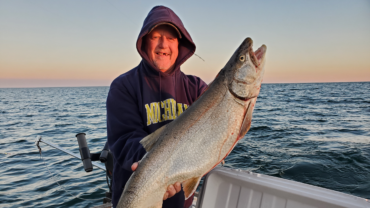 Brian OwensFish, Birds and AnimalsFoodInvasive SpeciesLatest NewsNewsRecreation and TourismRecreational Hunting and FishingResearch, Data and TechnologyScience, Technology, Research
Brian OwensFish, Birds and AnimalsFoodInvasive SpeciesLatest NewsNewsRecreation and TourismRecreational Hunting and FishingResearch, Data and TechnologyScience, Technology, ResearchMercury Levels Maintained: Invasive mussels keep mercury levels high in Great Lakes fish
-The spread of invasive zebra and quagga mussels in the Great Lakes started a chain of events resulting in high mercury levels in lake trout.
-

Fighting invasive species on one island led to plan for all
-Michigan researchers recently created a series of steps to show people how to rid Great Lakes islands of plants and animals that invade their ecosystems.


